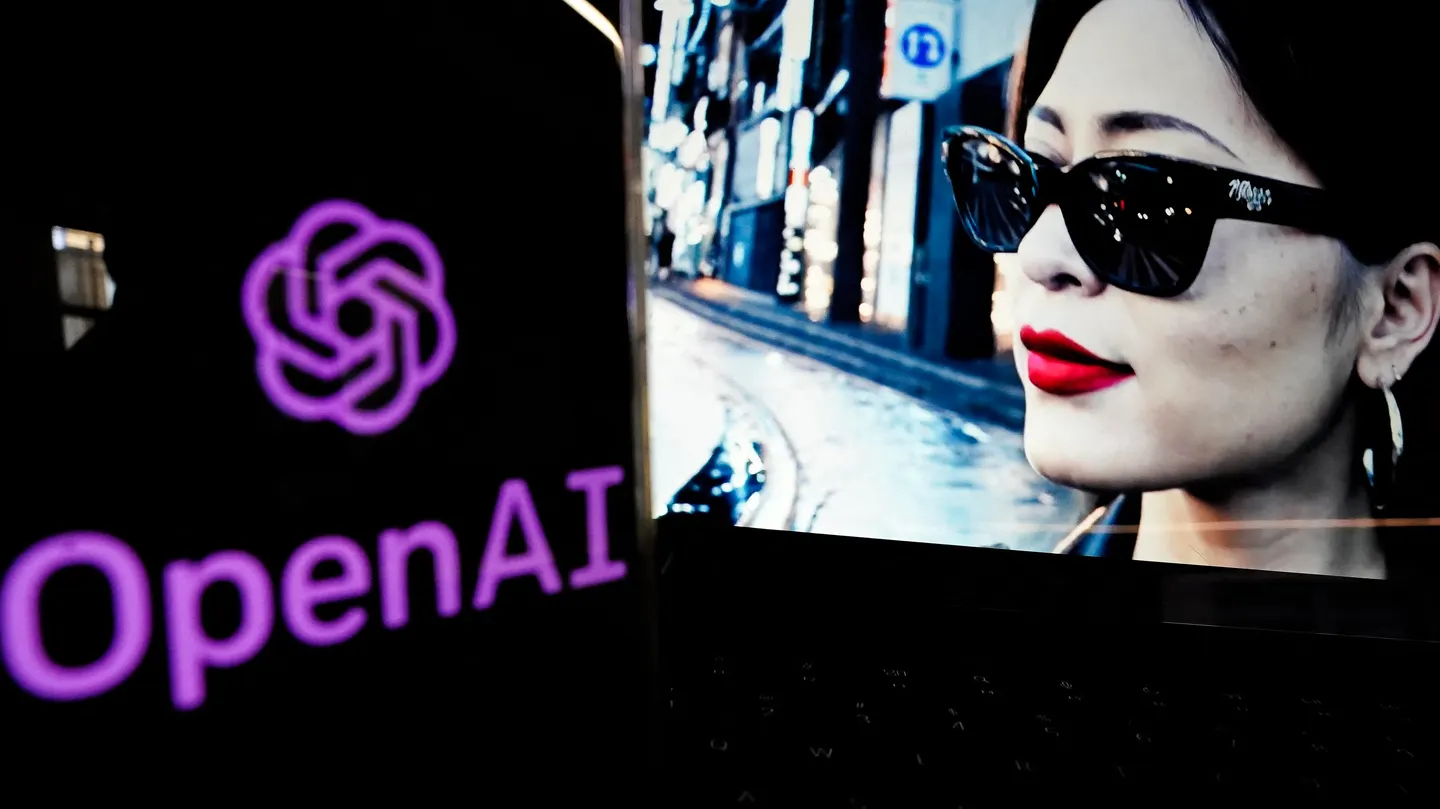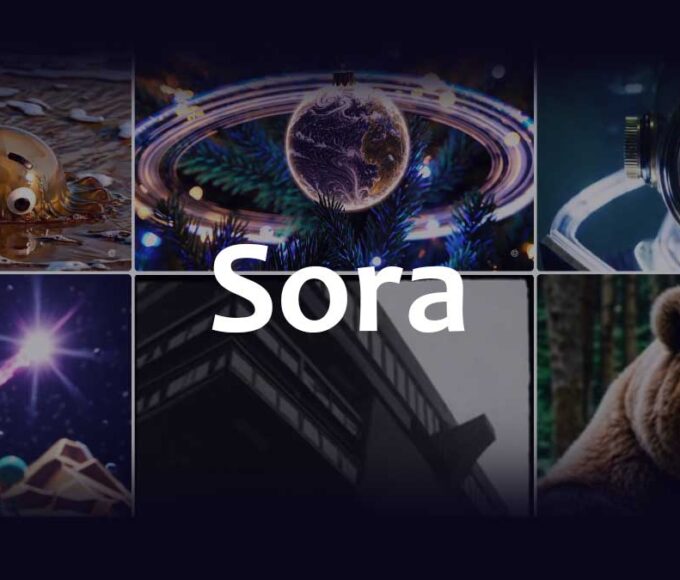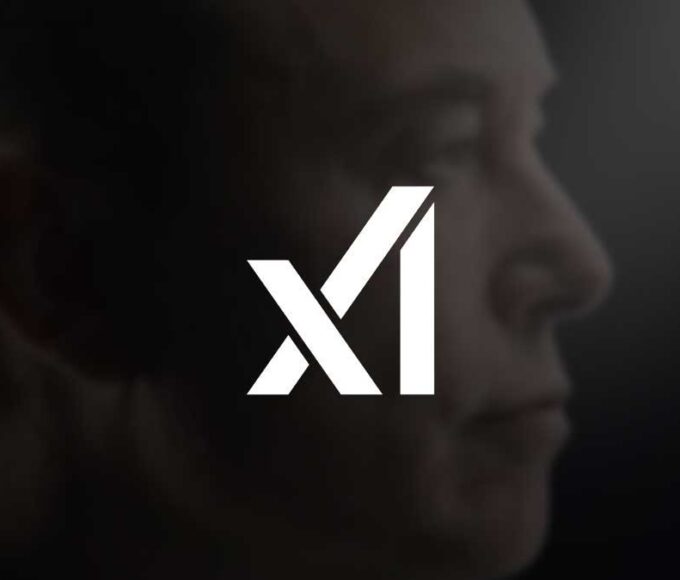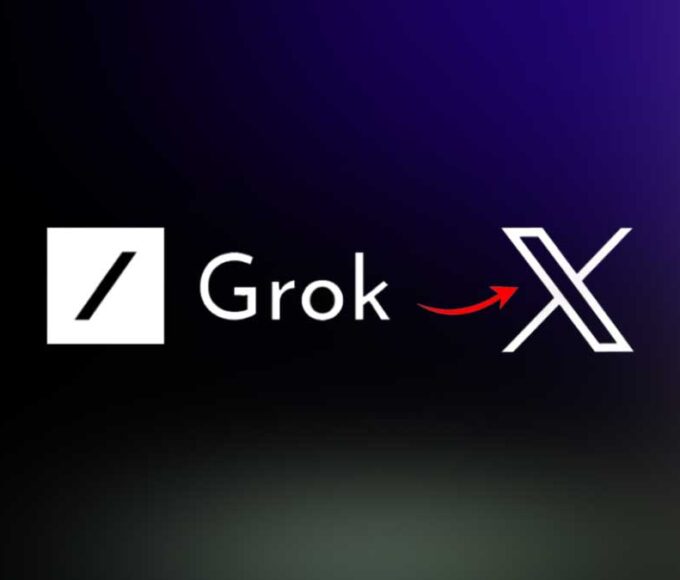- Home
- Billionaires
- Investing Newsletters
- 193CC 1000
- Article Layout 2
- Article Layout 3
- Article Layout 4
- Article Layout 5
- Article Layout 6
- Article Layout 7
- Article Layout 8
- Article Layout 9
- Article Layout 10
- Article Layout 11
- Article Layout 12
- Article Layout 13
- Article Layout 14
- Article Sidebar
- Post Format
- pages
- Archive Layouts
- Post Gallery
- Post Video Background
- Post Review
- Sponsored Post
- Leadership
- Business
- Money
- Small Business
- Innovation
- Shop
Recent Posts
OpenAI’s Sora Faces Rivals from Google and Meta in AI Race

OpenAI’s Sora, a new text-to-video generation tool, has ignited a competitive race in the field of generative artificial intelligence. Developed by Microsoft-backed OpenAI, Sora joins the ranks of other innovative tools like ChatGPT and DALL-E. While Sora promises impressive capabilities, there are concerns about its potential misuse, particularly in the context of spreading disinformation.
Competitors in the AI video generation space are not sitting idly by. Runway, a leading AI video company, recently launched a Gen-2 update to its AI video model, showing readiness to compete with Sora. Stability AI also unveiled its generative video model, Stable Video Diffusion, for research purposes, indicating a growing interest in advancing AI video technologies.
Pika Labs, a new entrant in the field, released its own generative AI video tool, Pika 1.0, and has made it available to the public. Google, on the other hand, showcased research and demo clips from its Lumiere model but has not announced a public release date. Similarly, Meta, the company behind Facebook and Instagram, teased its new text-to-video model, Emu Video, with promising early reviews, but no official release date has been provided.
Elon Musk’s AI startup, xAI, has not announced plans for a text-to-video generator yet, but it’s a possibility for the future. Amazon has also previewed its generative AI chatbot, Q, and an AI image generator, although details about their release are still unknown.
As for Sora, it is not yet available to the public. OpenAI is taking several safety measures before releasing it, including working with experts to address concerns about misinformation, hateful content, and bias. The company has not specified a timeline for its release.
The development of advanced AI video generation tools raises concerns about their potential misuse, especially in spreading misinformation and creating fake content. Social media platforms and tech companies are under increasing pressure to address these risks, particularly in light of upcoming elections. The ability to create realistic and convincing video content poses challenges in detecting and combating fake videos, which have been used to spread misinformation about public figures and political events.
In conclusion, while Sora’s unveiling marks a significant advancement in AI video generation, it also highlights the challenges and responsibilities that come with developing such powerful technologies.
Recent Posts
Categories
- 193cc Digital Assets2
- 5G1
- Aerospace & Defense46
- AI37
- Arts3
- Banking & Insurance11
- Big Data3
- Billionaires494
- Boats & Planes1
- Business328
- Careers13
- Cars & Bikes76
- CEO Network1
- CFO Network17
- CHRO Network1
- CIO Network1
- Cloud10
- CMO Network18
- Commercial Real Estate7
- Consultant1
- Consumer Tech180
- CxO1
- Cybersecurity68
- Dining1
- Diversity, Equity & Inclusion4
- Education7
- Energy8
- Enterprise Tech29
- Events11
- Fintech1
- Food & Drink2
- Franchises1
- Freelance1
- Future Of Work2
- Games141
- GIG1
- Healthcare78
- Hollywood & Entertainment186
- Houses1
- Innovation42
- Investing2
- Investing Newsletters4
- Leadership65
- Lifestyle11
- Manufacturing1
- Markets20
- Media193
- Mobile phone1
- Money13
- Personal Finance2
- Policy567
- Real Estate1
- Research6
- Retail1
- Retirement1
- Small Business1
- SportsMoney33
- Style & Beauty1
- Success Income1
- Taxes2
- Travel10
- Uncategorized8
- Vices1
- Watches & Jewelry2
- world's billionaires463
Related Articles
Book Review: Unlocking AI’s Power in Everyday Life
In a world where artificial intelligence (AI) frequently makes headlines in the...
By 193cc Agency CouncilDecember 16, 2024OpenAI Pauses Sora Sign-Ups Due to High Demand
OpenAI has temporarily paused sign-ups for its much-anticipated Sora video tool due...
By 193cc Agency CouncilDecember 10, 2024xAI Secures $6 Billion to Advance Supercomputing and AI
Elon Musk’s artificial intelligence startup, xAI, has taken another significant step in...
By 193cc Agency CouncilDecember 7, 2024X Launches Free Version of Grok Chatbot with Usage Limits
X, formerly known as Twitter, has announced the launch of a free...
By 193cc Agency CouncilDecember 7, 2024















Leave a comment